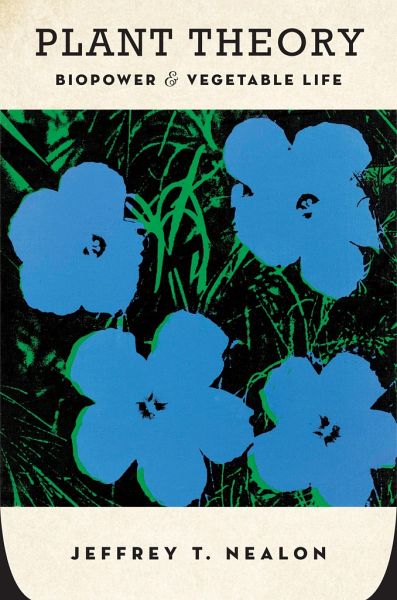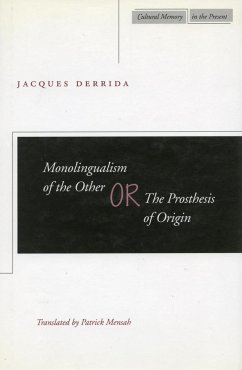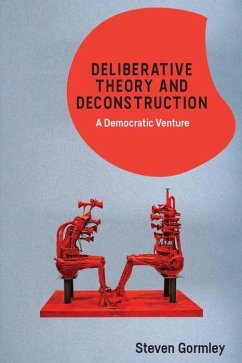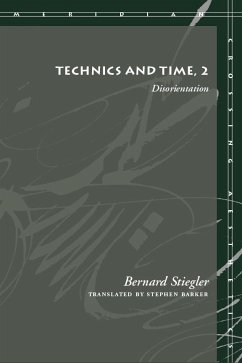
Plant Theory
Biopower and Vegetable Life
Versandkostenfrei!
Versandfertig in 2-4 Wochen
30,99 €
inkl. MwSt.

PAYBACK Punkte
15 °P sammeln!
This book joins the growing philosophical literature on vegetable life to ask what changes in our present humanities debates about biopower and Animal Studies if we take plants as a linchpin for thinking about biopolitics.
Dieser Artikel kann nur an eine deutsche Lieferadresse ausgeliefert werden.












